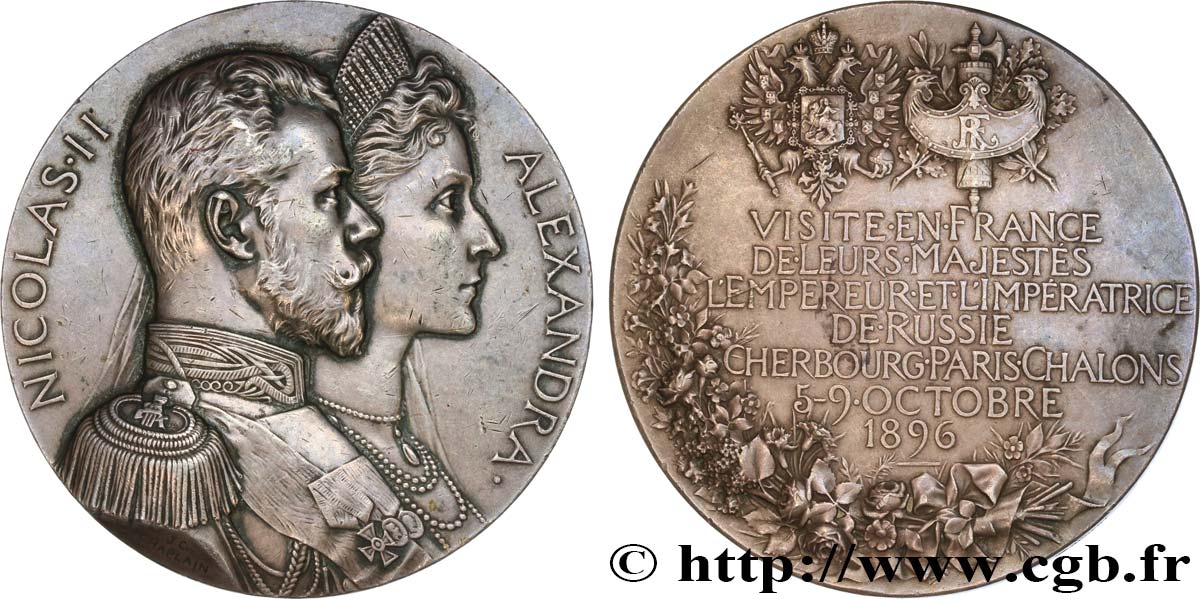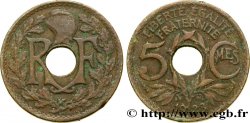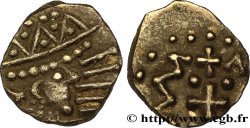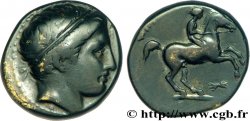Live auction - fme_460463 - III REPUBLIC Médaille de visite du tsar Nicolas II
得先注册又得到批准才可以报价。为了报价注册. 客户应该得到公司允许,那种过程需要 48 个小时。别等出售结束那一天才登记。您报价的话等于您赞成买那物品,而且按« 保价 » 证明您接受 cgb.fr 因特网拍卖使用法.
报价时只可以出全数值欧元总额。物品描述也说明销售结束时间,结束后出价都不会生效。 报价命令转达有时变动,等到最后秒钟增加否决的可能会。想多了解的话请注意 因特网拍卖常问
最高出价方将支付18%的不含税的拍卖费用
最高出价方将支付18%的不含税的拍卖费用
| 估算 : | 1 200 € |
| 价格 : | 670 € |
| 最高出价 : | 670 € |
| 拍卖结束日期 : | 06 March 2018 18:29:52 |
| 竞拍人 : | 2 竞拍人 |
种类 Médaille de visite du tsar Nicolas II
日期: 1896
铸币厂名称/城市 France et Russie
材质 silver
直径 70 mm
模子方针 12 h.
硬币制模工 CHAPLAIN Jules-Clément (1839-1909)
重量 167,8 g.
侧面 lisse + corne ARGENT
稀少度 R2
关于品相的说明
Médaille avec une patine de collection ancienne, assez homogène au revers mais avec des traces de manipulation au droit avec un probable nettoyage ancien
正面
正面的文字 NICOLAS. II - ALEXANDRA..
正面的说明书 Bustes accolés de Nicolas II et d’Alexandra à droite.
背面
背面的文字 VISITE. EN. FRANCE / DE. LEURS. MAJESTÉS / L'EMPEREUR. ET. L'IMPÉRATRICE / DE RUSSIE / CHERBOURG. PARIS. CHALONS / 5-9 OCTOBRE / 1896.
背面的说明书 Légende en sept lignes au-dessus d’une gerbe de fleurs ; au-dessus, les armes de Russie et de la République française.
评论
Cette fameuse médaille est signalée en or, en argent et en bronze, mais existe aussi en bronze argenté. Les exemplaires en or sont extraordinairement rares et ceux en argent passent de temps en temps sur le marché.
En 1896, le jeune empereur Nicolas II et son épouse l'impératrice Alexandra firent un voyage officiel en France qui eut un grand retentissement dans tout le pays. La Russie était la seule alliée de la France dont toute l'Europe se méfiait. À cette occasion Nicolas II posa la première pierre du pont Alexandre-III, nommé en l'honneur de son père et pour symboliser l'amitié franco-russe. Le pont sera inauguré quatre ans plus tard par le président Émile Loubet, pour l'Exposition universelle de Paris de 1900..
En 1896, le jeune empereur Nicolas II et son épouse l'impératrice Alexandra firent un voyage officiel en France qui eut un grand retentissement dans tout le pays. La Russie était la seule alliée de la France dont toute l'Europe se méfiait. À cette occasion Nicolas II posa la première pierre du pont Alexandre-III, nommé en l'honneur de son père et pour symboliser l'amitié franco-russe. Le pont sera inauguré quatre ans plus tard par le président Émile Loubet, pour l'Exposition universelle de Paris de 1900..








 对产品描述纠错
对产品描述纠错 打印
打印 分享我的选择
分享我的选择 提问
提问 Consign / sell
Consign / sell
 产品介绍
产品介绍















